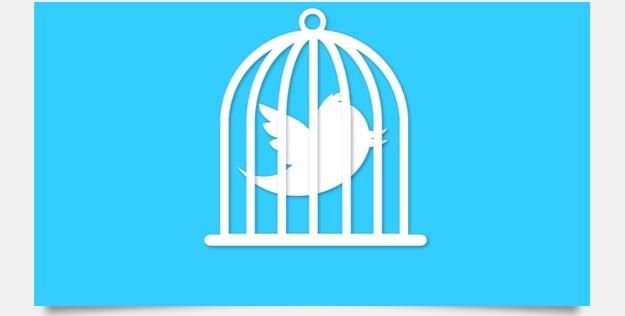2 February 2018 –Kuwait recently sentenced online activist Abdullah al-Saleh to ten years in prison for Tweets “abusing Saudi Arabia” and insulting the United Arab Emirates (UAE) and Bahrain. His sentence demonstrates how countries like Kuwait employ prison sentences as deterrents to free expression online, especially as the government imposes increasing restrictions on the freedom of expression in more traditional media forms. Kuwait is not alone in the region in arresting or harassing activists over free expression. Unfortunately, all of the Gulf Cooperation Council (GCC) countries (UAE, Bahrain, Saudi Arabia, Oman, Qatar, and Kuwait) frequently arrest or threaten outspoken advocates who use social media platforms.
Kuwait currently has the highest Freedom House Press Freedom Status in the GCC. However, it does not unequivocally respect the right to free expression and opinion. While the Kuwaiti Constitution protects freedom of opinion or of scientific research, this protection does not necessarily extend to individuals’ freedom of expression. In fact, authorities often use provisions of the Penal Code to prosecute free expression crimes. Human Rights Watch has criticized the “conditions and manner specified by law” of the Penal Code that outline the bounds of this freedom because they include “criminal punishments for a large number of vaguely worded offenses, and provisions for prior censorship.” Of particular concern are loosely worded provisions often relating to free expression which may be interpreted as offensive to public morality, disruptive to Kuwait’s relations with other states, seen as provocative dissent, critical of God, or critical of Kuwait’s emir. This vague wording grants courts extraordinary discretion to decide the punishments.
In addition to laws like the 1970 National Security Law, the National Unity Law, and the Penal Code, among others, Kuwaiti authorities use the Cyber Crimes Law no. 63, ratified on 16 June 2015 and enforced since 12 January 2016, to suppress expression, in particular online expression. It extends many of the limits on expression to forms of online speech. Certain articles of this law explicitly target online activists and bloggers. A number of free expression- and human rights defender-oriented human rights organizations, including the Arabic Network for Human Rights Information (ANHRI), Article 19, the Gulf Centre for Human Rights (GCHR), International Service for Human Rights (ISHR), and Reporters Without Borders (RSF) have condemned the law amid concerns that various articles of the Cyber Crimes Law are excessively broad and target peaceful expression.
Kuwait is not the only country in the GCC to target peaceful free expression. In Bahrain, Nabeel Rajab, the founder of the Bahrain Centre for Human Rights (BCHR) has been harassed, imprisoned, and abused multiple times for peacefully criticizing the government and exposing human rights violations. He is currently facing a 15-year prison sentence for charges of “insulting a statutory body” and “disseminating false news in times of war” in his tweets. In addition to these Twitter-related charges, he faces another free expression charge for “offending a foreign country.” This charge is in response to his critique of torture in Bahraini prisons and Saudi Arabia’s leadership in the military coalition involved in Yemen. His trial for these charges is scheduled for next month. But, on 15 January 2018, the court rejected Nabeel’s appeal on an additional sentence he faced for giving interviews on television regarding the limits to freedom of expression and the press meaning he will serve at least a two-year term in prison.
As human rights advocates have shifted their means of communication to the web, laws in GCC countries have expanded to counteract this move by criminalizing, and increasingly prosecuting, expression on social media. Having already placed numerous restrictions on traditional forms of media, Arabian Gulf countries like Kuwait and Bahrain have adapted their forms of censorship accordingly, to include newer forms of media like Twitter. Because of this, online advocates like Nabeel and al-Saleh find themselves persecuted and facing long prison sentences simply for exposing human rights violations to the world.
Giacomo Mattei, Advocacy Intern at ADHRB





